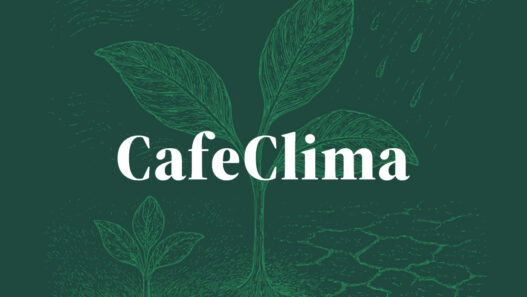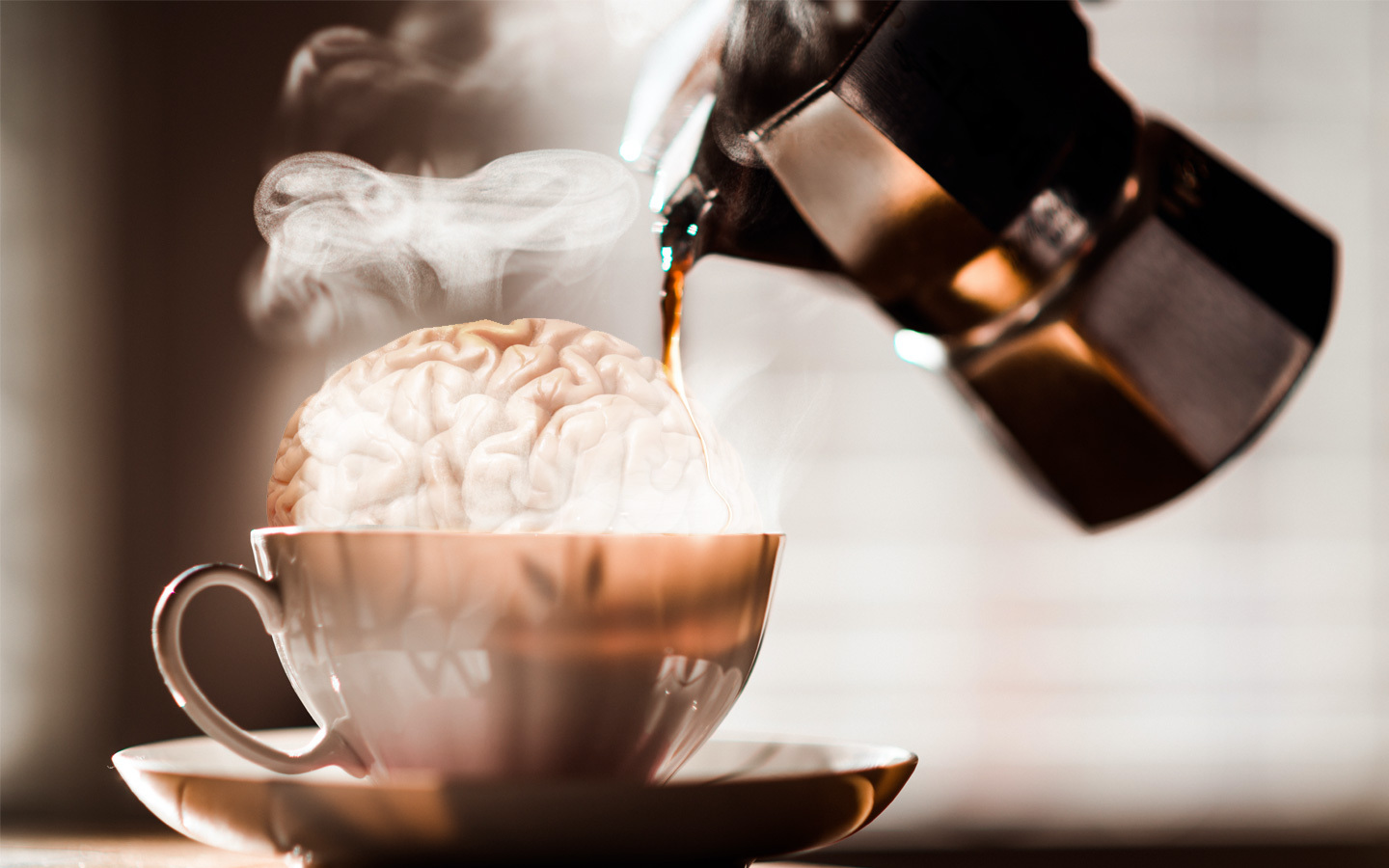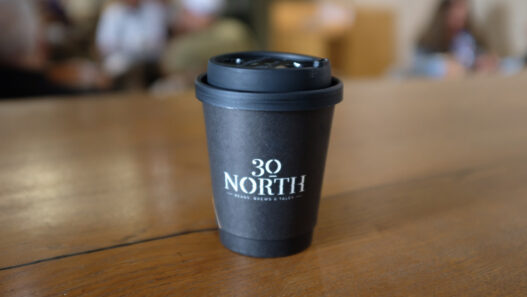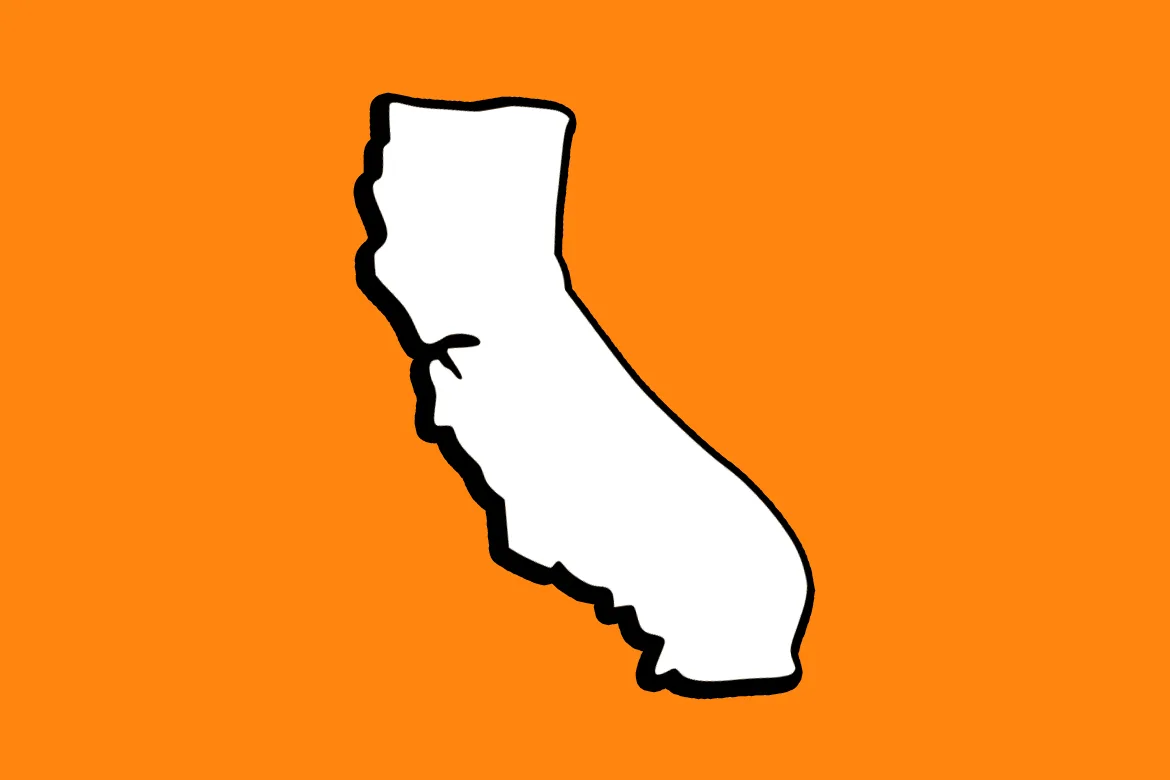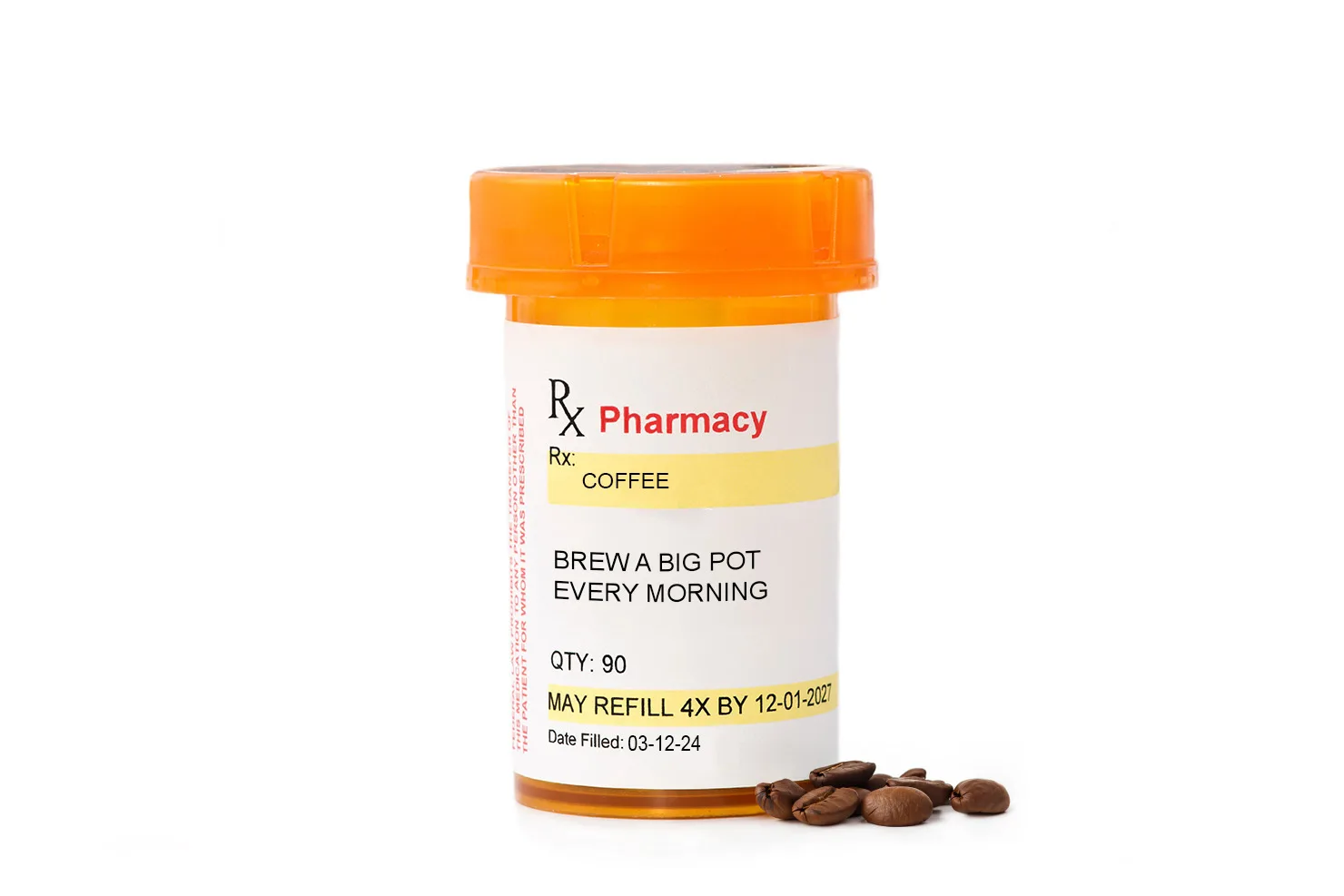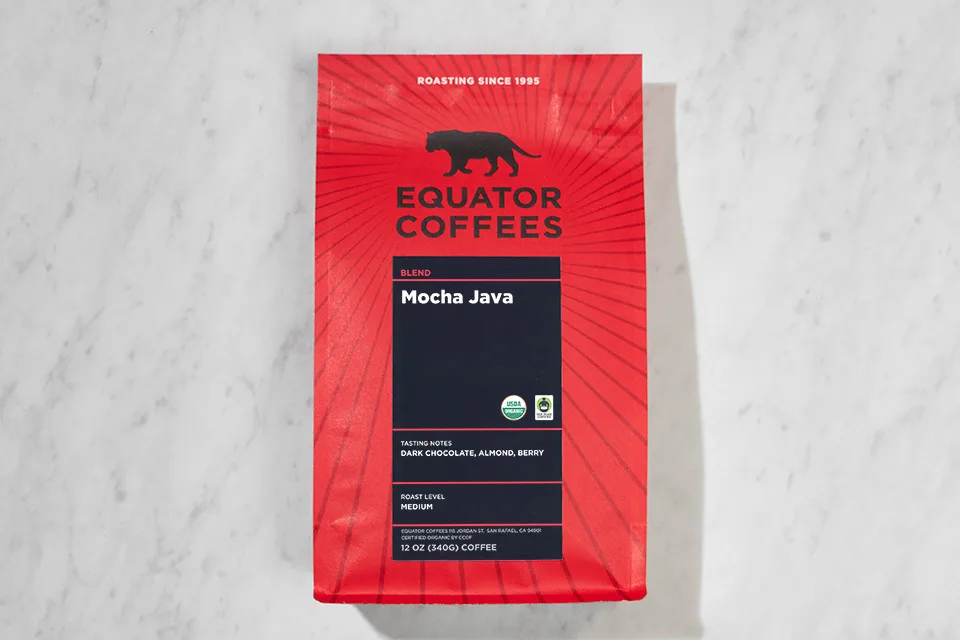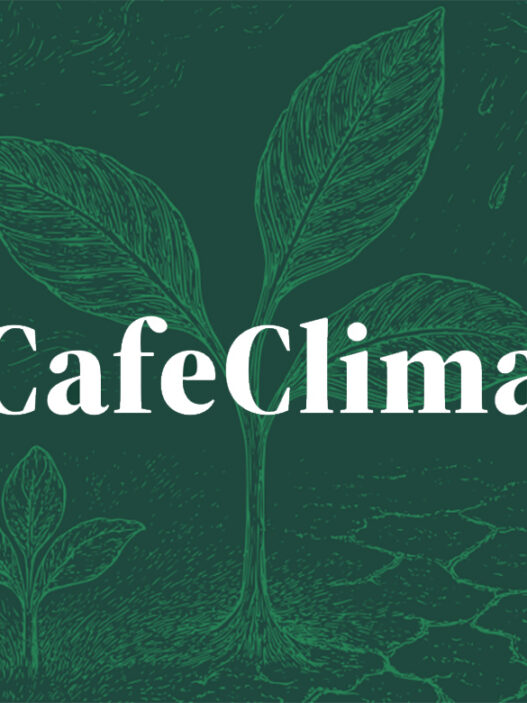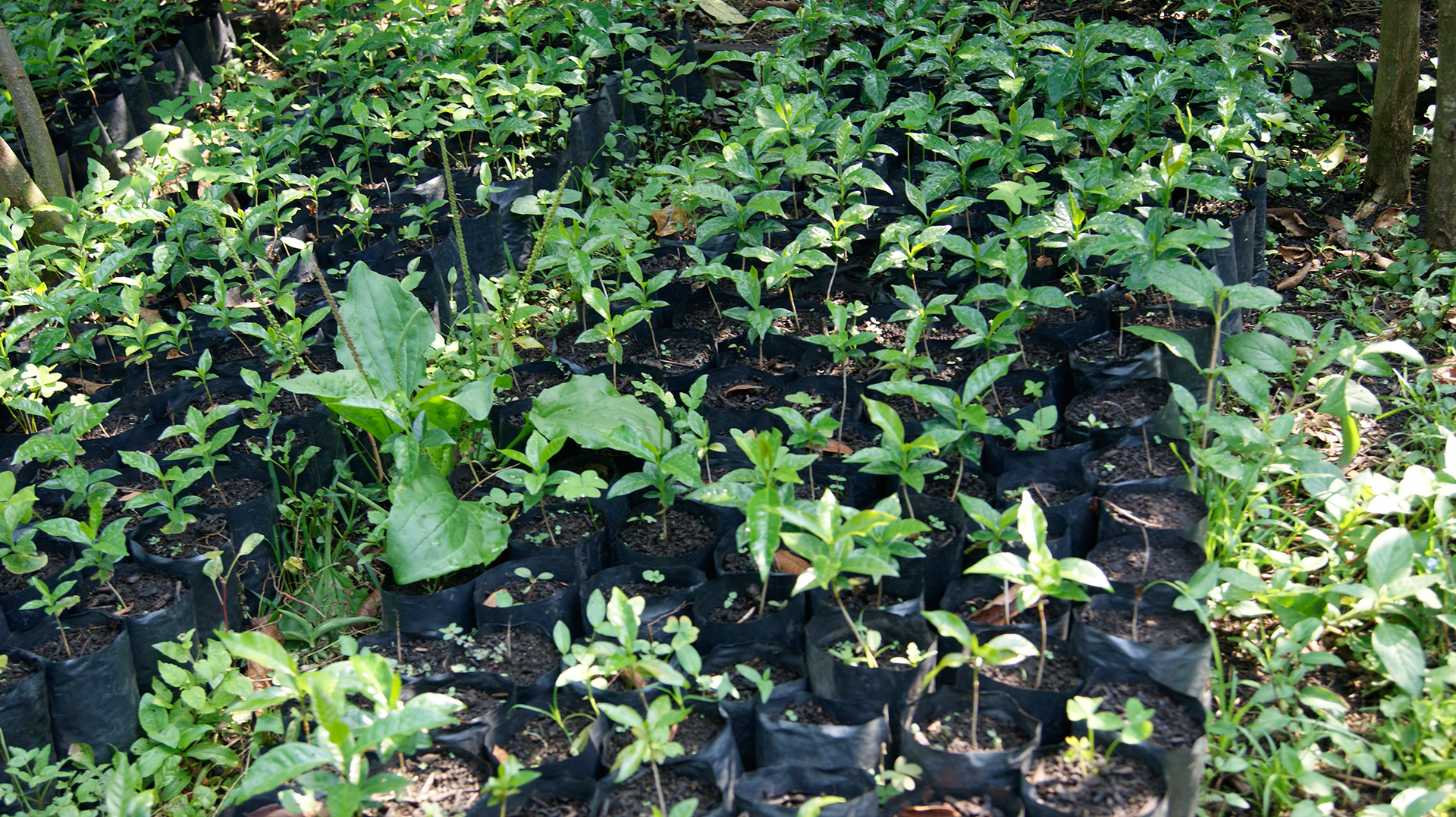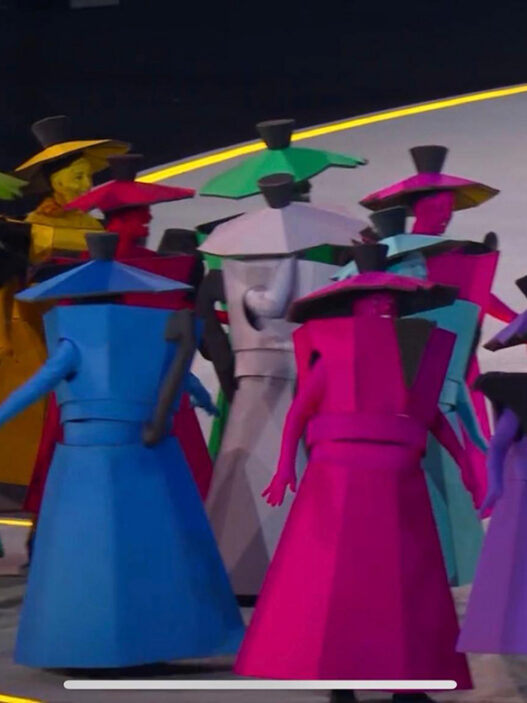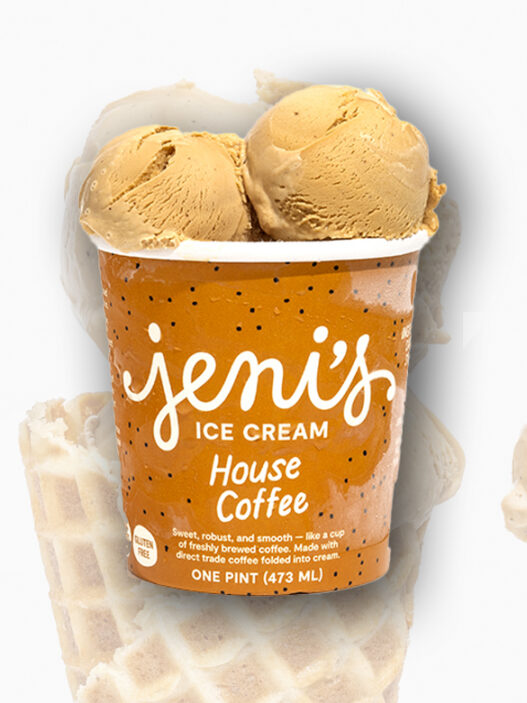For a state that is home to so many wonderful coffee scenes, California—or their lawmakers at least—sure seems to have it out for the humble coffee bean. Remember that whole row about having to label coffee as carcinogenic due to acrylamide? That was odd. Now they are back at it again, this time trying to ban decaf coffee that has been made using the chemical methylene chloride.
As reported by Daily Mail, the new legislation called AB2066 has been proposed by Assemblymember Eloise Reyes. If passed, the law would ban all decaf coffees made with methylene chloride—known as the European method—requiring “manufacturers to switch recipes or face a $10,000 fine.”
Methylene chloride has been classified by both the Environmental Protection Agency and the International Agency for Research on Cancer as “possibly carcinogenic,” noting that it has been linked to a variety of cancers, including blood, breast, and other parts of the body. It can also be found in paint stripper.
Used in the majority of decaffeinated coffees, methylene chloride helps strip the caffeine from the coffee bean, decaf coffee manufacturers state that the chemical gets washed out after treatment and that any potential leftover amounts then evaporate during the roasting process, which at 400°F is two to four times higher than the chemical’s evaporation point.
Still, trace amounts were present when decaf coffees have been tested. In 2020, the Clean Label Project found that 10 of 25 decaf brands tested has small amounts of methylene chloride, though none surpassed the FDA’s maximum recommended level of 10 parts per million.
In response to the bill, the National Coffee Association’s President and CEO Bill Murray states the potential ban “would defy science and harm Americans’ health,” nothing further that “the overwhelming weight of independent scientific evidence shows that drinking European Method decaf is safe and furthermore that drinking European Method decaf, like all coffee, is associated with decreased risk of multiple cancers and other significant health benefits.”
But it’s still a long road to hoe before AB2066 would be enacted. It will have to pass multiple rounds of voting and committees before even reaching the governor’s desk for sign off. If successful, it would not go into law until 2027.
For those concerned about the presence of methylene chloride in decaf, there are other options. The Swiss Water process, for instance, is chemical-free and uses a prolonged water soak and carbon filtration to remove the caffeine from coffees. Swiss Water, the brand behind the namesake process, is one of the major purveyors of decaf to specialty coffee brands the world over. It is yet another reason grab a bag of coffee, decaf or no, from your local coffee shop. Unless you live in California, where everyone seems hellbent on finding a way that coffee is trying to kill you.
Zac Cadwalader is the managing editor at Sprudge Media Network and a staff writer based in Dallas. Read more Zac Cadwalader on Sprudge.




